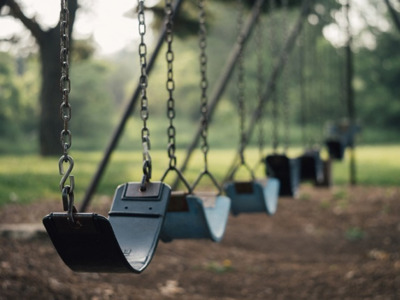
About bullying
Bullying is behaviour, which may or may not be deliberate, by one person or a group, which upsets, hurts, harms or injures another, impacting directly on their quality of life. It is likely to be associated with a power difference between those who bully and those who are bullied, to lead to hurt, fear and anxiety, and is often the result of a difference, perceived or real.
Bullying behaviour can be both emotional and physical in nature, and can include things like:
- Being called names or being teased. This can happen for no obvious reason at all, but sometimes it is more specific and focussed on, for example, physical appearance, disability, religion, sexual orientation, colour or race.
- Being physically hurt, for example shoved, kicked, punched, or even attacked.
- Having possessions stolen.
- Being threatened with physical attack, ridicule or blackmail.
- Having threatening e-mails, text messages or rumours spread through social media.
- 'Happy slapping' - having a photo or video taken of you while being physically bullied and this being spread through social media.
- 'Relational bullying' - deliberately harming the child or young person's relationships by spreading rumours, gossiping, shunning, befriending and then sharing secrets, causing the young person to become isolated.
- If a young person is being forced to give someone their money or phone, or if they are being threatened if they don’t, this is blackmail or extortion.
Bullying can happen for a long time without being noticed by anyone else. Some possible signs that a child or young person might be being bullied are:
- Coming home from school with damaged or missing clothes or other items, such as money.
- Physical injuries like scratches or bruises.
- Avoiding going to the place where the bullying occurs, or changing their route to or from this place - often school.
- Appearing generally more angry, frightened, alert, easily upset or emotional.
- Getting into fights, maybe with the person who is bullying them.
- Having a sudden change in friendship groups or avoiding certain friends with no explanation.
- Being very hungry when they get home from school - this might indicate that their dinner money or packed lunch was stolen.
- Labelling themselves in a negative way - they may be repeating negative things that have been said to them.
Being bullied can be very frightening and distressing for the child or young person. It is humiliating and often leaves them feeling sad and angry. It makes them feel bad about themselves, lowering their confidence and sense of self-worth. Children and young people often feel that they deserve the bullying for some reason. This can make it very difficult to talk about, and they may not know what to do about it.
Things to think about
Natural conflict
Children and young people naturally fall in and out of friendships in the course of growing up. Such difficulties, disagreements or conflicts might be relatively minor and short-lived, but may be more serious. At whatever level these difficulties occur it is important to make a distinction between conflict and bullying.
Describing all relationship difficulties as ‘bullying’ is likely to devalue the term and obscure the very real risks associated with children and young people being bullied. It can also create confusion about the most appropriate way to respond to get the best outcomes for the child or young person.
Being bullied
Anyone can be on the receiving end of bullying behaviour, and it is not the result of something the child or young person did. It is often even a former friend who is the bully, which makes it even more distressing to cope with. Also remember that it might not be another child or young person who is the bully - it could be a teacher or another adult.
Bullying is a mixture of behaviours and impacts, and adult intervention should be guided by the impact on a child or young person.
Children and young people often don't tell adults they're being bullied for fear of making the situation worse. When they do tell, they want the bullying to be addressed with the minimum of fuss - be mindful of this.
If the child or young person is avoiding school, or shows anxiety about attending school, bullying should be considered as a possible reason for this.
Remember that the impact of the bullying may still be felt, even after the bullying has stopped. Children and young people may feel the effects of bullying for a long time and may require support to help them deal with how they're feeling.



